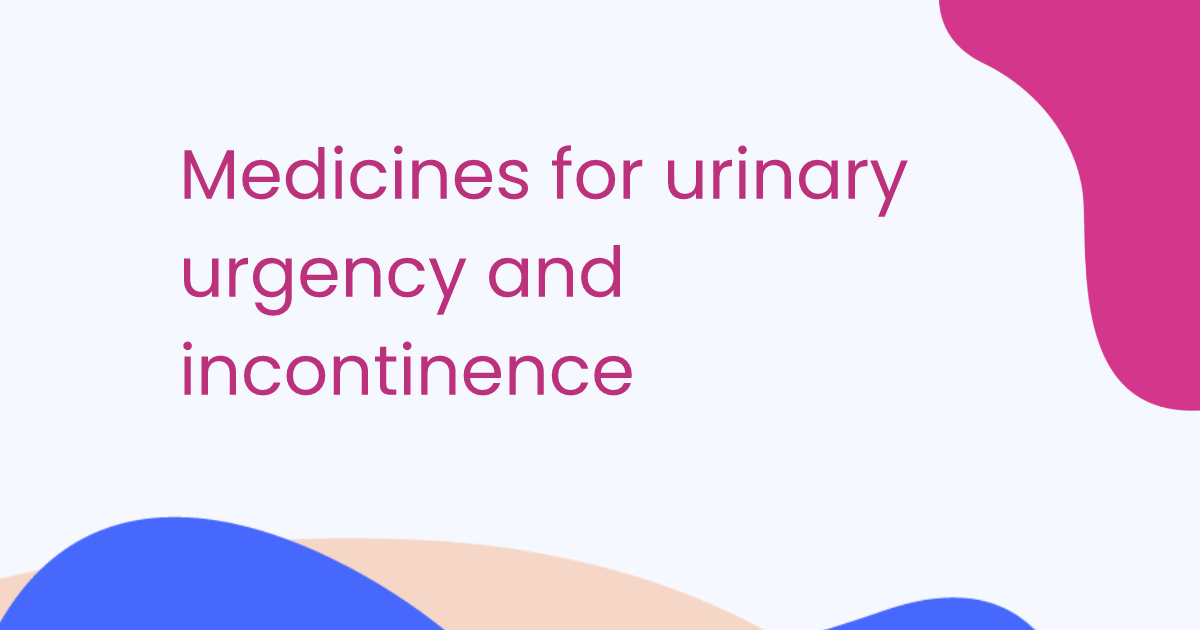Esteroides
Revisado por el Dr Colin Tidy, MRCGPÚltima actualización por Dr Toni Hazell, MRCGPÚltima actualización: 26 de marzo de 2023
Satisface las necesidades del paciente directrices editoriales
- DescargarDescargar
- Compartir
- Idioma
- Debate
En esta serie:Inyecciones de esteroidesEsteroides oralesEsteroides tópicosUnidades dactilares para esteroides tópicosAerosoles nasales de corticoides
Los corticoides se utilizan para muchas enfermedades diferentes. Los corticoides pueden administrarse en forma de cremas/ungüentos (p. ej., para el eccema o la dermatitis), como aerosol nasal (p. ej., para la fiebre del heno o la rinitis alérgica), como inhaladores (p. ej., para el asma), como comprimidos (p. ej., para la enfermedad inflamatoria intestinal) o como inyección (p. ej., para la artritis).
En este artículo:
Seguir leyendo
¿Qué son los esteroides?
Los esteroides son hormonas que se producen de forma natural en el organismo. Los medicamentos esteroideos son fabricados por el hombre y son similares a las hormonas naturales que produce el cuerpo. Los esteroides utilizados para tratar enfermedades se denominan corticoesteroides. Son diferentes de los esteroides anabolizantes que utilizan algunos atletas y culturistas. Los esteroides anabolizantes tienen efectos muy diferentes.
Tipos de esteroides
Los esteroides se presentan en muchas formas diferentes. Los principales tipos de esteroides son:
Esteroides orales
Los esteroides orales reducen la inflamación y se utilizan para tratar muchas afecciones diferentes, entre ellas:
Asma.
Artritis.
Como parte del tratamiento de diversos tipos de cáncer.
Véase también el prospecto separado titulado Esteroides orales.
Esteroides tópicos
Los corticoides tópicos se utilizan sobre la piel. Véase también el prospecto separado titulado Esteroides tópicos (excluidos los esteroides inhalados).
Los esteroides tópicos para la piel se presentan en forma de cremas, pomadas o lociones. Los esteroides tópicos se utilizan para diversas afecciones de la piel. La cantidad de esteroide tópico que debe aplicarse suele medirse en unidades de la yema del dedo. Para obtener más información, consulte los prospectos independientes Esteroides tópicos para el eccema y Unidades de corticoides tópicos en la yema de los dedos.
Los esteroides también pueden administrarse como:
Gotas oftálmicas para reducir la inflamación de la superficie ocular, como la causada por la uveítis. Estas gotas sólo debe administrarlas un oftalmólogo especializado, que normalmente habrá utilizado una lámpara de hendidura para observar primero la parte posterior del ojo.
Espuma o supositorios rectales para tratar la colitis ulcerosa (proctitis) o para la enfermedad de Crohn que afecta al recto.
Aerosoles nasales con esteroides
Los aerosoles nasales con esteroides son medicamentos que se utilizan habitualmente para tratar los síntomas de congestión nasal. Se utilizan sobre todo para las alergias nasales, como la fiebre del heno. Pueden adquirirse sin receta en una farmacia; en general, el tratamiento de la fiebre del heno suele adquirirse sin receta en lugar de pedirla al médico de cabecera. Véase también el folleto titulado Aerosoles nasales con esteroides.
Inhaladores de esteroides
Los inhaladores de esteroides son corticoides que se inhalan y descienden hasta los pulmones. Los corticoides inhalados se utilizan principalmente para tratar el asma y la enfermedad pulmonar obstructiva crónica (EPOC). Para más información, consulte los prospectos separados Inhaladores para el asma (incluidos los esteroides inhalados ) e Inhaladores para la EPOC (incluidos los esteroides inhalados).
Inyecciones de esteroides
Las inyecciones de corticoides pueden utilizarse para problemas articulares y artritis reumatoide. También pueden utilizarse para algunas enfermedades que afectan a los tejidos blandos, como la inflamación de tendones o el codo de tenista. A veces pueden administrarse en la consulta del médico de cabecera, si allí hay un médico, enfermero o fisioterapeuta que haya recibido formación especial para ello. En situaciones más complicadas, pueden administrarse en un hospital, con ecografía. Para más información, consulte el folleto titulado Inyecciones de corticoides.
Seguir leyendo
¿Cómo actúan los esteroides?
Los esteroides son una versión artificial de las hormonas producidas normalmente por las glándulas suprarrenales, que se encuentran justo encima de cada riñón. Cuando se toman en dosis superiores a la cantidad que el cuerpo produce normalmente, los esteroides:
Reducir la inflamación
La inflamación se produce cuando el sistema inmunitario responde a una lesión o infección. Cuando esto afecta a la piel y a los tejidos subcutáneos, la zona puede volverse dolorosa, caliente, roja e hinchada. Por lo general, la inflamación ayuda a protegerse, pero a veces puede ser perjudicial para el organismo. Los corticoides pueden ayudar a tratar afecciones inflamatorias como el asma y el eczema : son un tipo de medicamento antiinflamatorio.
Reducir la actividad del sistema inmunitario
El sistema inmunitario es la defensa natural del organismo contra enfermedades e infecciones. Esto puede ayudar a tratar afecciones autoinmunes, como la artritis reumatoide, la hepatitis autoinmune o el lupus eritematoso sistémico (LES), causadas por un ataque erróneo del sistema inmunitario al organismo.
Efectos secundarios de los esteroides
Los esteroides no suelen causar efectos secundarios importantes si se toman durante un periodo corto de tiempo o en dosis bajas. Los efectos secundarios son mucho más frecuentes con los corticoides orales o si se toman durante mucho tiempo:
Aumento del apetito, que puede provocar un aumento de peso.
Dificultad para dormir(insomnio).
Mayor riesgo de infecciones, especialmente infecciones víricas como el herpes zóster o el sarampión.
Síndrome de Cushing debido a un exceso de esteroides en el organismo, que puede provocar diversos efectos en el cuerpo, como adelgazamiento de la piel, facilidad para la aparición de hematomas y estrías.
Problemas de salud mental, incluyendo:
Cambios en el estado de ánimo (cambios de humor) y en el comportamiento (por ejemplo, irritabilidad o ansiedad).
Puede tomarse un tratamiento corto de corticoides y luego dejar de tomarlos, pero si se toman durante mucho tiempo, deben reducirse lentamente en lugar de dejar de tomarlos de repente. Habla con tu médico si no tienes claro si debes reducir la dosis de corticoides; en general, si llevas tomándolos más de una o dos semanas, puede ser necesario.
Patient picks for General medicine information

Tratamiento y medicación
Medicamentos para la urgencia urinaria y la incontinencia
Urinary urgency is a symptom where you have a sudden urgent desire to pass urine and you are not able to put off going to the toilet. If you leak urine before you go to the toilet this is called incontinence. For more information see Lower Urinary Tract Symptoms in Men and Lower Urinary Tract Symptoms in Women.
por el Dr. Toni Hazell, MRCGP

Tratamiento y medicación
Medicamentos para llevar a casa
Las enfermedades leves y los dolores leves son frecuentes. Es útil tener algunos medicamentos en casa por si se necesita algo cuando no se puede ir a la farmacia o está cerrada. Lea siempre atentamente las etiquetas y siga las instrucciones, y guarde los medicamentos fuera del alcance de los niños. Tu farmacéutico es una buena persona para darte más información sobre los medicamentos sin receta que no necesitan prescripción médica. Consulte a su médico si los síntomas empeoran o no desaparecen.
por la Dra. Hayley Willacy, FRCGP
Lecturas complementarias y referencias
- Formulario Nacional Británico (BNF)NICE Evidence Services (sólo acceso en el Reino Unido)
- Corticosteroides inhaladosNICE CKS, mayo de 2020 (sólo acceso en el Reino Unido)
- Corticosteroides oralesNICE CKS, enero de 2024 (sólo acceso en el Reino Unido)
- Guía clínica para la prevención y el tratamiento de la osteoporosis; National Osteoporosis Guideline Group (actualizado en septiembre de 2021)
Seguir leyendo
Historia del artículo
La información de esta página ha sido redactada y revisada por médicos cualificados.
Próxima revisión prevista: 24 de marzo 2028
26 Mar 2023 | Última versión
7 Mar 2018 | Publicado originalmente
Autores:
Dr. Colin Tidy, MRCGP

Pregunte, comparta, conecte.
Explore debates, formule preguntas y comparta experiencias sobre cientos de temas de salud.

¿Se encuentra mal?
Evalúe sus síntomas en línea de forma gratuita
Suscríbase al boletín informativo para pacientes.
Tu dosis semanal de consejos de salud claros y fiables, redactados para ayudarte a sentirte informado, seguro y en control.
Al suscribirte, aceptas nuestra Política de privacidad. Puedes darte de baja en cualquier momento. Nunca vendemos tus datos.